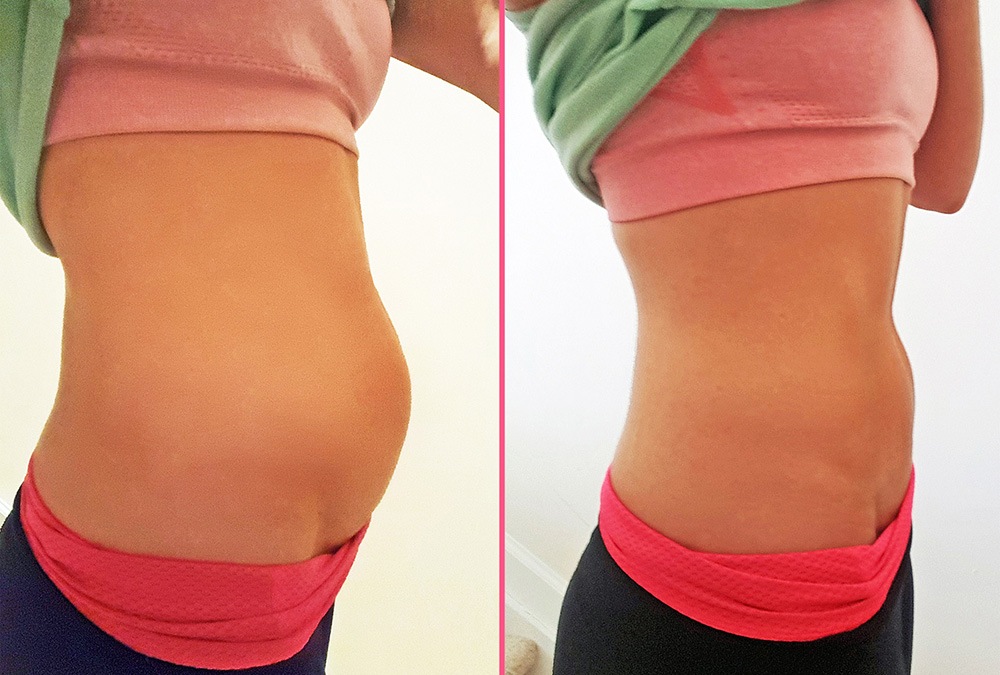Mon - Fri 9.00 - 17.00
Call us +1 (888) 825-9321

We’ve all been there: At a work event or leisure activity, we start to feel a tightness in the belly region. In some cases, this discomfort goes hand in hand with swelling, pain, and even embarrassing flatulence. The cause of it all? Abdominal bloating.
Described as a full or swollen feeling in the GI tract, bloating can make it hard to participate in daily activities, like working, going to school, or spending time with friends. And if you’re one of the unlucky sufferers who deals with more obvious bloating symptoms—like frequent belching or stomach gurgles—bloating can be downright humiliating. Understanding the causes of bloating, and what you can do to rid yourself of this painful condition, is the first step on the road to recovery.
The Causes of Abdominal Bloating
There’s no one cause of bloating and GI discomfort. On the contrary, a number of factors can lead to gut inflammation and the resulting symptoms. The following are just a few of the risk factors for belly bloat:

In rare cases, abdominal bloating can be associated with more serious health conditions, like ovarian cancer and liver disease. If you’re experiencing persistent bloating, you might want to talk to your medical provider to make sure you’re in good health.
Blasting Abdominal Bloating for Good
Dealing with bloating can be unpleasant and embarrassing. However, the good news is there’s hope for people with this condition. Engaging in intermittent fasting can actually help bloating, reducing inflammation and giving the GI tract time to heal.
With intermittent fasting, individuals avoid eating for a block of time each day or for certain days of the week. In some cases, fasters do consume food, though in much smaller quantities, on “non-eating days.” As a result, the body is not engaging in the digestion process with the same frequency. Many intermittent fasting aficionados have reported suffering less bloating, gas, and diarrhea since beginning the practice.

The evidence that intermittent fasting can have a positive effect on bloating isn’t just anecdotal, though. According to a study published in the Journal of the American College of Nutrition, Muslims engaging in Ramadan fasting experienced less bloating while also showing an increase in overall health. Additionally, the research showed that fasting had a positive effect on anthropometric indices, fasting glucose, plasma insulin, and inflammatory cytokines.
Heartburn and Intermittent Fasting
Because the stomach creates acid to aid in digestion, intermittent fasters sometimes experience a temporary increase in heartburn symptoms. However, most IF practitioners find that this condition is temporary. In the meantime, reduce heartburn symptoms by drinking plenty of water and avoiding greasy, spicy foods while you’re fasting. Happy fasting, and good luck as you try to win the battle of the bloated belly.
